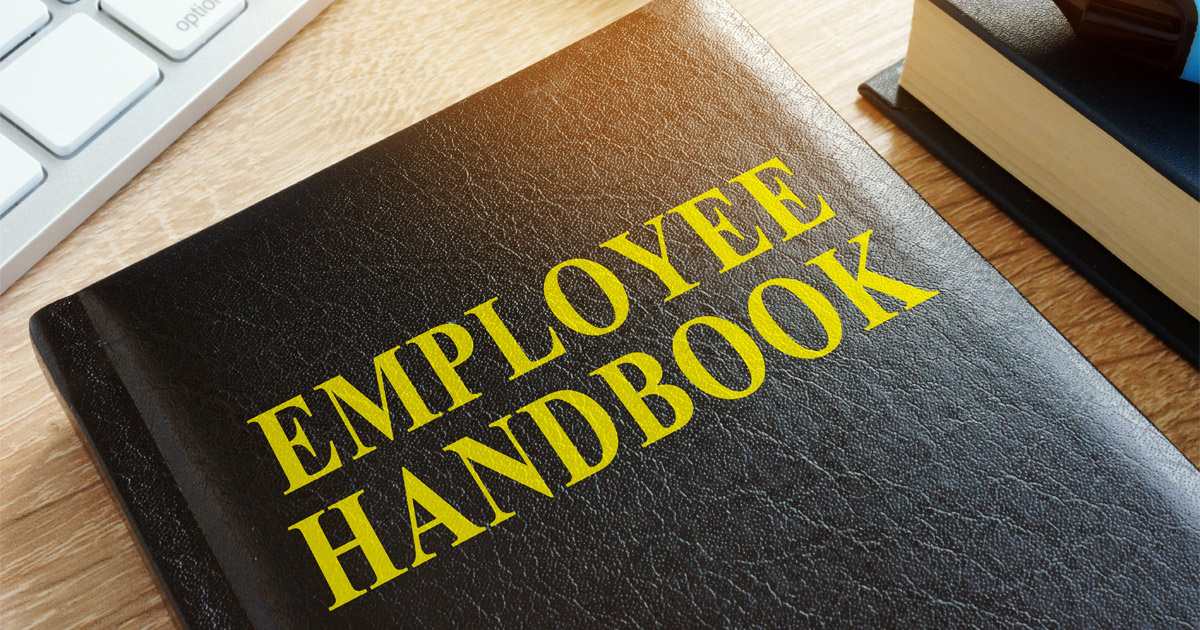Am I Protected From Retaliation by My Employer?

Every employee has the right to a workplace that is free from retaliation. Retaliation occurs when an employer acts negatively against an employee who has engaged in a legally-protected activity, including the following (not an exhaustive list):
- Filing a discrimination claim, whether related to sexual, racial, religious or other discrimination.
- Submitting an internal complaint of discrimination, including an informal and/or verbal complaint.
- Questioning whether certain decisions or conduct of the employer are unlawful.
- Discussing the employer’s practices with other employees.
- Supporting a colleague’s discrimination or retaliation claim or internal complaint.
- Requesting medical or maternity leave or a disability accommodation
- Acting as a whistleblower.
What Is Employer Retaliation?
An employer actions can be considered retaliatory if they are motivated by the employee’s legally-protected actions. Examples of unlawful employer retaliation include:
- Suspending, terminating, or demoting the employee.
- Reducing an employee’s salary or benefits/eliminating benefits.
- Refusing to promote the employee.
- Issuing a negative performance review that is not accurate.
- Disciplinary actions, such as probation or warnings.
- Transferring the employee to a different department or area.
- Harassing the employee.
- Creating an uncomfortable work environment.
- Starting rumors or gossip about the employee.
- Writing up the employee for insubordination or other claims.
Protection Against Workplace Retaliation
Many different laws, federal and state, protect employees against retaliation. Workers who experience retaliation will go through their state’s Equal Employment Opportunity Commission (EEOC) for claims pursuant to the following.
Title VII of the Civil Rights Act of 1964
Protects employees from discrimination based on race, color, national origin, sex, and religion.
Fair Labor Standards Act
Makes it unlawful to discharge or discriminate against any employee because of filing a complaint or being willing to testify on a complaint.
Occupational Safety and Health Act
Protects employees who make workplace safety and health complaints.
Americans with Disabilities Act
Protects workers with disabilities in the workplace against discrimination or retaliation.
National Labor Relations Act (NLRA)
Gives rights to workers organizing, trying to form, join, or assist labor organizations to bargain as a group, and to engage in activities together with other workers. The anti-retaliation protection of the NLRA gives employees broad protection regardless of whether there is a union in the workplace.
Age Discrimination in Employment Act (ADEA)
Protects workers against age discrimination in the workplace.
On a state level, the Pennsylvania Human Relations Commission (PHRC) handles retaliation claims pursuant to:
- Pennsylvania Human Relations Act (PHRA): The PHRA is a law that covers employment discrimination against workers by their employers for certain illegal reasons. The state enacted the law because workers who are not given equal employment opportunities may not reach their fullest potentials or enjoy the standards of living that they should. When people who have protected statuses suffer employment discrimination and are not given equal opportunities, they may then be forced to access public welfare.
Local laws can even protect workers. For example, Philadelphia’s Fair Practices Ordinance (PFPO) protects employees from discrimination and harassment based on their sex, sexual orientation, and gender identity.
What Can I Gain From a Retaliation Legal Claim?
An employee who has experienced employer retaliation should contact an employment lawyer. They may be entitled to recover compensation for their losses, including:
- Lost wages and benefits due to being out of work (both past and future).
- Curtailed career advancement opportunities.
- Emotional trauma, humiliation, embarrassment, pain and suffering.
- Reinstatement of lost position or benefits.
- Attorneys’ fees and costs.
Philadelphia Employment Lawyers at Sidkoff, Pincus & Green P.C. Advocate for Employees Who Have Experienced Workplace Retaliation
Retaliation against employees for whistleblowing or other reasons is illegal. If you feel your rights have been violated, contact our Philadelphia employment lawyers at Sidkoff, Pincus & Green P.C. We help employees get fair and just compensation under the law. For an initial consultation, contact us online or call us at 215-574-0600. Located in Philadelphia, we serve clients throughout Pennsylvania and New Jersey.













